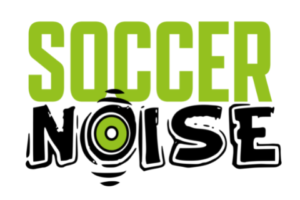In an organized sport such as a soccer/football, communication is key for without it, misunderstanding becomes the order of the day. Communication is also multi-faceted since it bridges the players to each other, the officials and their coaches.
How do soccer coaches communicate with players? Coaches often communicate with players using hand signals, written instructions on pieces of paper or dossiers, shouting orders to players on the field or by calling players to the sidelines for a sidebar of sorts.
Teams in globally-recognized leagues such as the English Premier League and its European counterparts and competitions like the UEFA Champions League and Europa League boast of players from all over the world. Proper communication can thus not be overlooked as it tends to be the difference between sweet victory and devastating defeat.
Official Languages
The world’s foremost football governing body, FIFA, has membership that extends to hundreds of countries worldwide. For this reason, FIFA felt it prudent to list the official languages it recognizes in its set of rules.
As of now, FIFA has four official languages: English, French, Spanish and German. Most countries in the world largely use one or a mixture of these four languages as well as dialects such as Luxembourgish, which is arguably derived from the German language.
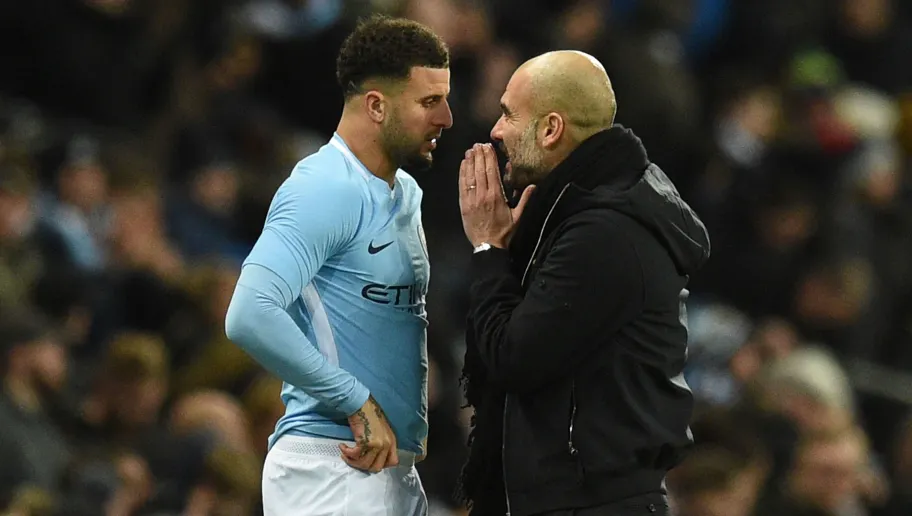
Countries in specific geographical zones also tend to speak the same language. An example is Spain and Argentina who both use Spanish as their official language. Adjacent countries such as Brazil and Portugal may speak their own language (Portuguese) but also tend to understand and even speak the language of their neighbors as a result of the overlap of their cultures.
For international matches, FIFA has mandated that the referees be proficient in English to oversee them. Meetings involving international referees are also conducted in English and FIFA even subjects such officials to routine tests to ensure that the rule is adhered to. In competitions such as the Champions League, English is compulsory whereas in regional competitions such as Copa America games, proficiency in the regional language (Spanish) is required.
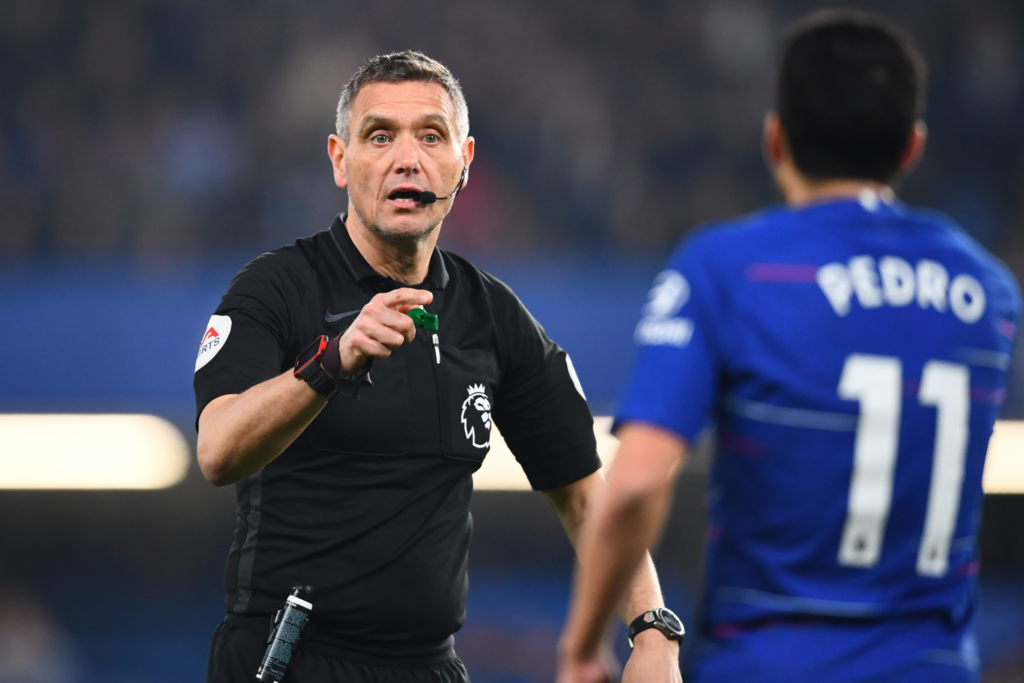
Individual leagues however opt to use their respective national lingos as their official language – a general rule that also applies to coaches and players though not strictly due to the different team dynamics that came about as a result of the globalization of the sport.
The New Reality
A couple of decades ago, communication challenges were almost non-existent since most domestic leagues largely recruited homegrown players. Clubs and leagues even institute specific by-laws and rules respectively such as financial restrictions in order to curb the importation of talent from other leagues.
Up-and-coming leagues such as the American-based Major League Soccer (MLS) competition still have similar rules in place in order to prevent clubs with deep pockets from indiscriminately signing players from abroad so as to keep the league competitive by not to giving them an unfair advantage over their peers.
Presently, most European teams have squads made up of players of different nationalities. One can literally pick any top-tier club from say EPL powerhouses like Manchester United or Chelsea to Serie A sides like Juventus and find one or more players from countries such as England, Italy, France, Argentina, Spain, Germany, Croatia, Netherlands and even lesser-known countries like Bosnia.
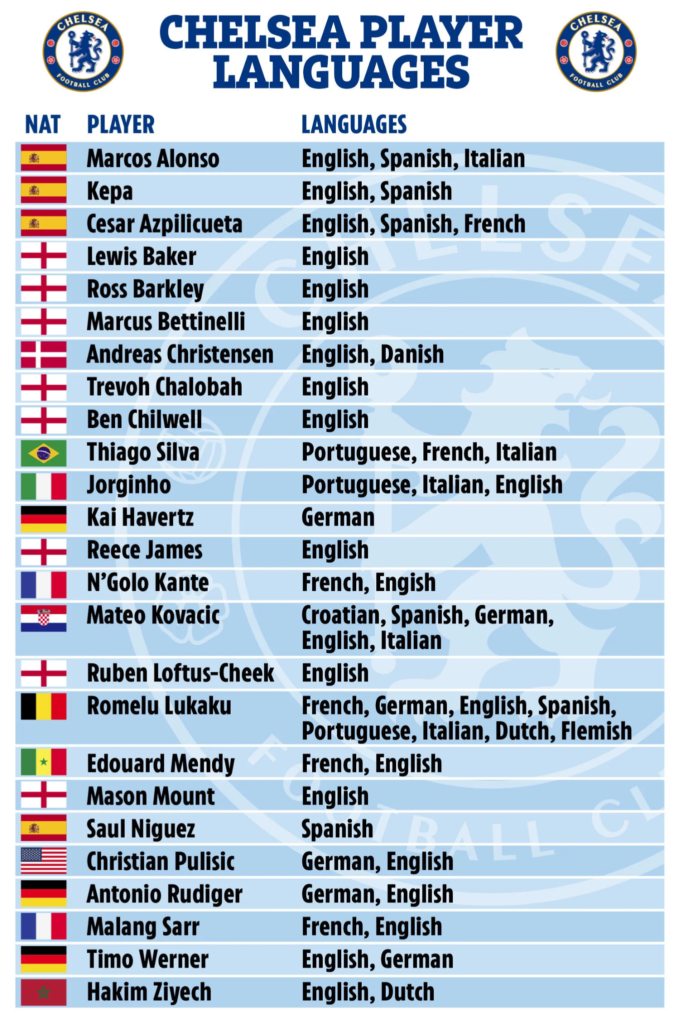
In instances such as these, a coach may need to adopt and deploy a number of strategies to ensure that communication flows in real time in order to avoid blunders such as those witnessed during former Arsenal manager Unai Emery’s tenure with the Gunners, which led to embarrassment for both the tactician and the club.
Examples of Coping Strategies
Soccer coaches and players may speak anywhere from one to five languages depending on where they grew up or plied their trade. Shot callers like Manchester City chief Pep Guardiola and former Tottenham bigwig Mauricio Pochettino have been known to go out of their way to learn the official languages of the leagues they coach in.
In Guardiola’s case for instance, he first burst into the limelight during his tenure at La Liga giants Barcelona, where Spanish and his native Catalan tongue were largely spoken. On moving to Bundesliga aces Bayern Munich, Pep is believed to have retained the services of a tutor and spent hours behind closed doors in order to quickly learn German – an act that endeared the Spaniard to the club’s loyal followers even more.
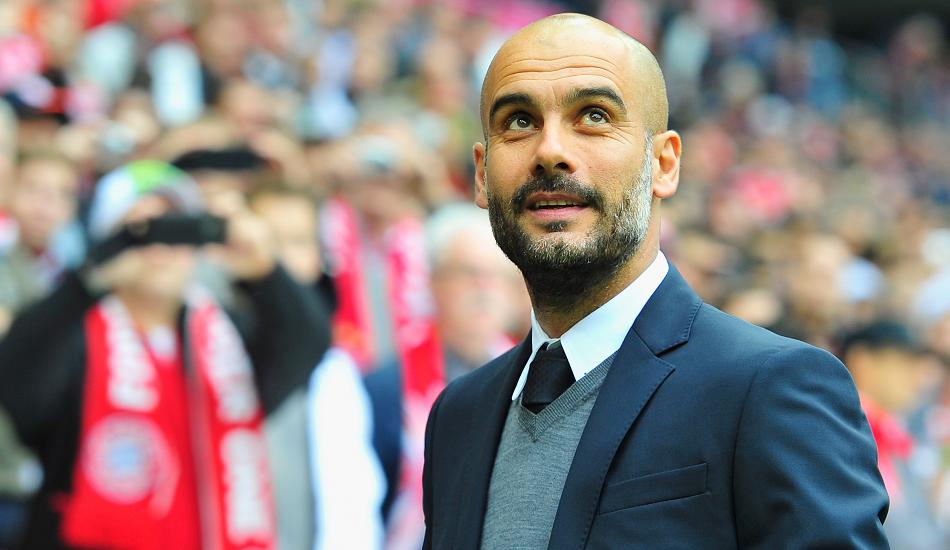
Guardiola then moved to Manchester City where he at first used a Spanish-English translator to communicate to his team and the press but gradually learned English to the point where he is now able to conduct interviews on his own.
Coaches have also been known to ask their players to list the language(s) they should be addressed in. These coaches may either then communicate to players through their fellow countrymen on the team who understand multiple languages or ask the team’s translators to interpret his instructions either during a match or in internal documents outlining the team’s strategy for an upcoming match beforehand.
The Language of Football
Celebrated Italian activist Pier Pasolini once said that football is a language in itself. The writer-director further argued that unlike most languages, football need not be written or spoken but can and is understood and used for communication. Passionate football fans can attest to this fact.
Coaches and players have been known to use various hand gestures and body signals to communicate with each other. Officials also often use non-verbal cues such as pointing to the penalty spot and using cards and flags to signal the contravention of specific rules such as when a player is offside.
Teams habitually have their own signals and gestures that only they can understand. Such signals are unique and are meant to convey messages from the coach to the players or between the players themselves in a manner that their opponents cannot understand. In most top-flight leagues, team captains are charged with this responsibility and some even have specific signals for certain players.
These skippers use the signals in conjunction with their coaches to call out plays/sets such as freekicks or through balls and to point out where players should position themselves on the field in order to be effective on both offense and defense.
Coaches also ensure that their players perfect these sets/plays during their practice sessions so that they can develop a “sixth sense” which enables them to communicate with minimal actions such as a head turn, raising a hand or even different placement of feet or poses.
